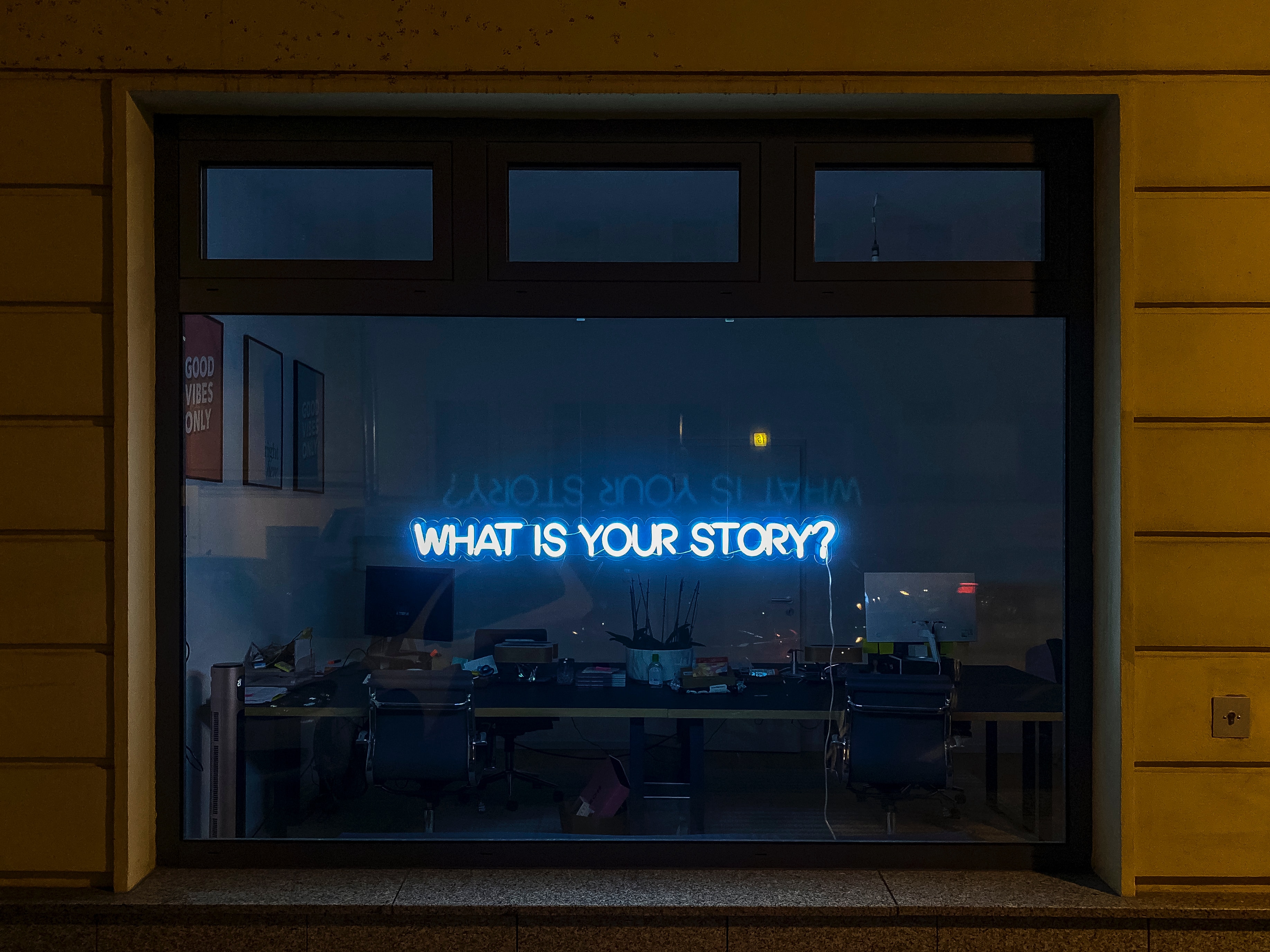
In recent years, there has been an increasing focus on ensuring people with ‘lived experience’ are involved in co-producing research and policy-making at practical, local level. However, there has been little discussion around what the people with lived experience themselves think about getting involved.
A recent webinar run by Transforming Evidence – a community that shares research and expertise about how evidence is made and used, across policy and practice domains – asked that very question: how can we make lived experience a genuine part of evidence informed policy?
The voice of lived experience
While much has been made of the benefits of including lived experience in influencing policy, there seems to be very little evidence that the voices of the people themselves are being heard.
So, it was especially refreshing to hear the views of Lynn Laidlaw during the Transforming Evidence webinar. Because of her experience as a patient with multiple health conditions, Lynn has had the opportunity to use her own lived experience to become a public contributor and peer researcher, and to influence policy-making in the field of health.
Lynn gave a personal, reflective account of the issues raised by her own lived experience. She admitted that the process of becoming involved in research caused her to reflect on how she fit into the process, raising questions concerning imposter syndrome and identity:
“Who was I? A researcher, or a person of lived experience? Could I be both? Did one negate the other?”
Lynn also underlined that involving people with lived experience in an equitable and ethical way requires time and resources and they should be offered remuneration for their time and effort.
She went on to discuss some of the key questions surrounding the involvement of people with lived experience:
Power
The phrase ‘lived experience’ holds power and weight in these ‘new’ political landscapes but what power do the people with the lived experience hold? And who decides the criteria for lived experience – can you really say to someone who has possibly been though a traumatic event that their trauma isn’t ‘lived experience enough’ to participate?
Culture
One of the biggest questions raised by Lynn was are you, as a person with lived experience, just a ‘tick box’ for the people who are organising a research study? This raises further questions as to how can we make people with lived experience feel valued in their opinions and their experience, how do we give them a value equal to those that are conducting the research, or the policy makers that will implement the research?
Emotions
Lynn also considered questions relating to emotional issues that are faced while being consulted to work on different projects. The biggest of these is: “does one person’s lived experience speak for all people with lived experience”? The answer would logically be no. However, this distinction is rarely made when consulting people with lived experiences as the panels are generally small. The fear of not being ‘representative enough’ of all people with lived experience is something that is continually at the back of their mind when going forward to give views and experiences and try and help inform policy for the better.
Intentions
Lynn’s final observations concerned the power participants have to ensure that their experiences and views make it into policy. The intentions behind a consultation of views is crucial for ensuring that a person with lived experience feels less of a charlatan. They will feel increasingly more valued members of society if the policies they are consulted on make it off the shelf and into mainstream politics. It is not enough to ask people for their time, views, and opinions to appease society and then do nothing with the information they have given you. It, again, raises interesting questions about making people feel valued and not just used as a token or to ‘tick a box.’
Final thoughts
Lynn very clearly demonstrated the importance and value of showing respect for people with lived experience. Because by listening to and learning from people with relevant lived experiences, policy makers are more likely to make decisions that make a positive difference.
Image: Photo by Etienne Girardet on Unsplash
Further reading: more from The Knowledge Exchange blog on policy and lived experience
Share
Related Posts
Tackling geographical inequalities is critical for ensuring that all parts of the country have the potential to prosper. When the UK was a member of the European Union, it was entitled to a share of funding from the EU’s structural ....
By Robert Kelk and Chris Drake A new start for an old challenge? The recent appointment of Marc Lemaître as the European Commission’s director general for research and innovation (R&I) has returned Europe’s R&I gap to the spotlight. Previously head ....
Today sees the start of Community Garden Week 2023. Across the UK, communities will be celebrating the many and varied types of community gardens, from children’s and neighbourhood gardens to therapy gardens and allotments. The benefits of community gardens are ....
By Hannah Brunton UNESCO’s Global Media and Information Literacy Week 2022 takes place from 24-31 October 2022 under the theme of “Nurturing Trust”, giving governments, educators, information professionals, and media professionals the chance to discuss and reflect on critical issues ....
